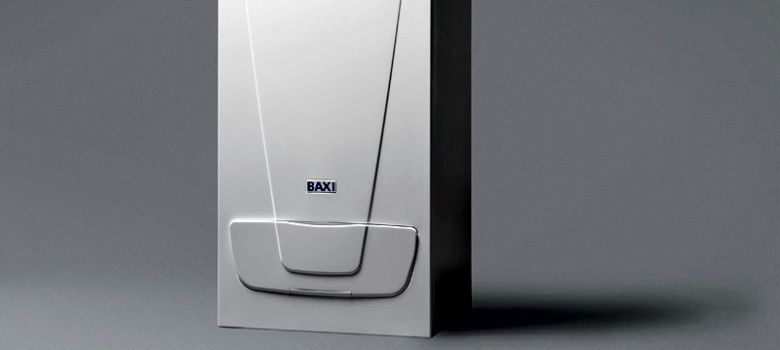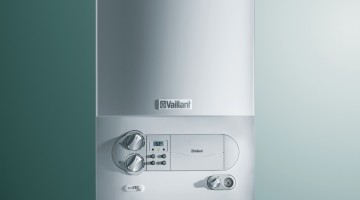
What is a system boiler?
System boilers are very similar to regular boilers; however they include some additional units in the boiler itself. There is an expansion vessel (which is required for vented hot water systems), as well as safety features like a pressure release valve which allows the boiler to release water if the pressure gets too high.
System boilers always require a hot water tank
They will always still require a hot water tank, since they create the hot water and then need to store it somewhere. However since a system boiler includes some of the components of a sealed system, such as the expansion vessel, then these will only ever be used in conjunction with an unvented hot water cylinder.
System boilers do not require a cold water tank
The great thing about a system boiler is that it means you can do away with cold water tanks altogether, which is obviously a nice space saver, although they still retain the hot water tank (unlike the combi boiler which does away with all external water tanks).
The hot water storage tank is useful because it allows hot water to be vented at numerous sources (e.g. taps and showers) within the home without losing any water pressure – this is a problem sometimes experienced with combi boilers. However by producing and storing hot water before it is needed and not at the point of demand, there is more heat loss compared to a combi boiler. As a result the hot water storage tank itself will need an insulating coat to ensure that it keeps in as much heat as possible. In addition, you will need an easily accessible space to house the tank, which means cupboard space will have to be sacrificed.
One of the major issues with a system boiler is that the hot water is limited by the size of your hot water tank. Therefore if you require a greater volume of water at any one moment than the capacity of your tank, you will need to wait until the boiler produces the hot water again (normally based on a timer system) – although this can be overridden by your heating controls if you know demand is going to be especially high.
System boilers are more complicated since they include some of the components required in an unvented system. This means that they are more expensive than regular boilers, and they will also take up more space when they are installed.
System boilers are compatible with solar thermal solutions
System boilers are also compatible with solar thermal solutions. By creating hot water using the sun, you can also take advantage of the RHI scheme.
System boiler installation
Today any system boiler you may get installed within your home would most likely be a condensing system boiler. Much like a condensing combi boiler, a condensing system boiler reuses the heat contained within exhaust gases that would normally be released into the atmosphere via the flue, which makes it more efficient. They take advantage of heat exchangers to make the most of this latent heat, so less fuel is needed each time to heat the water, thereby further reducing your fuel costs.
System boiler efficiencies
It is possible to purchase A-rated condensing system boilers, which means that they convert more than 90% of the fuel into heat. These highly energy efficient system boilers will ensure you see large reductions in your heating bills – potentially over £300, depending on the boiler that you are replacing.
Benefits
- A newly installed condensing system boiler will result in large savings on your utility bills, especially if replacing an old boiler.
- A system boiler allows hot water to be delivered to many sources (e.g. taps and showers) at the same time without loss of performance.
- There is no need to have a cold-water feeder tank in your loft, as the cold water enters the boiler from the mains, leaving you with more loft space.
Limitations
- System boilers require a hot water tank to be housed somewhere in the home, so it takes up more space.
- System boilers are more expensive to buy initially than combi boilers, however they have better reliability.
- Less efficient when heating the hot water tank as water is not heated and used at the point of demand.
Cost
- Prices start from about £2000 + VAT to replace an old system boiler with a new system boiler. Replacing the hot water tank and other piping will obviously greatly increase the overall cost of your heating system.
Installing a new boiler
Are you thinking about getting a new boiler? We have scoured the country for the best tradespeople, so that we can make sure we only recommend those we really trust.
If you would like us to find you a local installer to install a new boiler in your home, just fill in the form below and we will be in touch shortly!












i have a Villa in Spain with no electricity connection It has a pool which has no heating and there is no domestic water heating The villa has 1.5 acres of garden . Would a CHP boiler be an answer to my problem ?
It is not true that a system boiler requires an unvented cylinder, either type may be used.